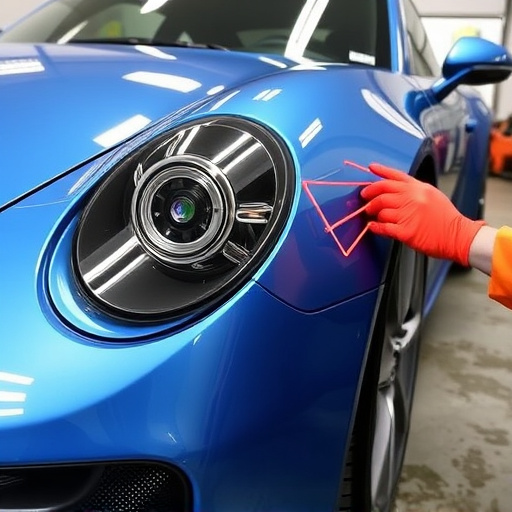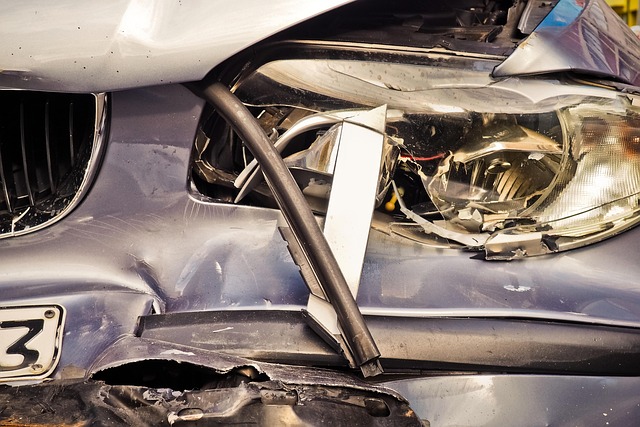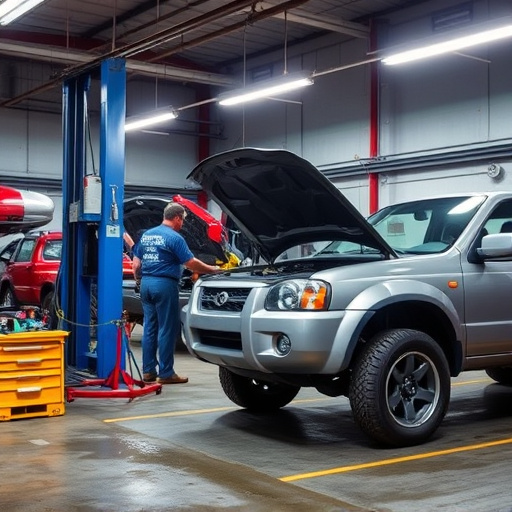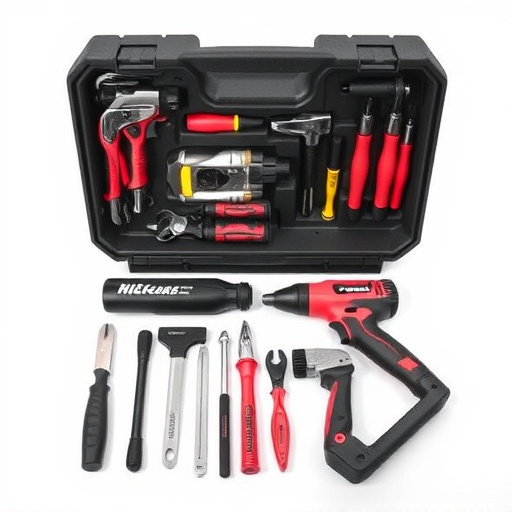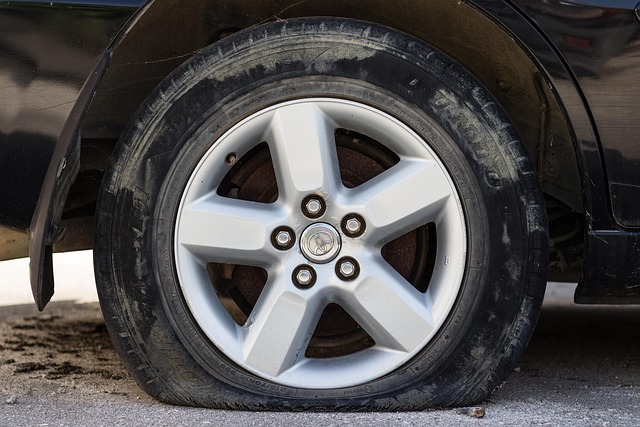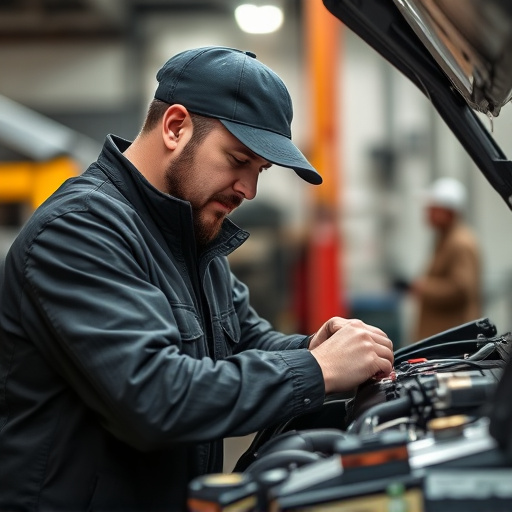Stringent safety standards have made fleet collision services essential in the auto industry. These centers invest in advanced equipment and training to provide precise repairs for modern cars. By prioritizing precision, quality, and sustainability, they ensure structural integrity and meet manufacturer/consumer expectations. Fleet collision services revolutionize repair efficiency, benefit insurers, and offer data-driven insights for proactive fleet management, driving innovation in vehicle maintenance practices.
Fleet collision services have emerged as a game-changer in the auto industry, transforming safety standards and operational efficiency. As evolving regulations drive the need for safer vehicles, fleet collision services have adapted with advanced repair techniques and technology. This article explores how these services are revolutionizing repairs, enhancing data insights, and shaping future fleet management strategies. Discover how streamlined processes and data-driven decisions are improving overall industry efficiency.
- Evolving Safety Standards: A New Era for Fleet Collision Services
- Streamlined Repairs: Revolutionizing Auto Industry Efficiency
- Data-Driven Insights: Shaping Future Fleet Management Strategies
Evolving Safety Standards: A New Era for Fleet Collision Services

The auto industry has witnessed a significant transformation due to the rise of stringent safety standards, marking a new era for fleet collision services. As vehicle technology advances and road safety regulations become more rigorous, fleet collision centers are playing a pivotal role in ensuring vehicles meet these heightened criteria. Modern cars are now equipped with sophisticated airbag systems, advanced crash-test ratings, and intricate safety features, all of which demand precise and specialized repair techniques. Fleet collision services have adapted to this evolving landscape by investing in cutting-edge equipment and training their technicians extensively in the latest auto body repair methods, including car paint repair and restoration techniques.
This shift has led to an increased focus on precision and quality control within fleet collision centers. They are no longer merely fixing damages; they are now tasked with preserving the structural integrity and safety of vehicles while minimizing the environmental impact through efficient car collision repair processes. As a result, fleet collision services have become essential in maintaining the high standards expected by both vehicle manufacturers and consumers alike, solidifying their place as game-changers in the auto industry’s safety narrative.
Streamlined Repairs: Revolutionizing Auto Industry Efficiency

The introduction of fleet collision services has brought about a significant transformation in the auto industry’s efficiency and effectiveness in managing vehicle repairs. These specialized services are designed to handle large volumes of vehicles, ensuring swift and accurate collision repair. By centralizing the process, fleet collision centers streamline operations, reducing the time typically associated with traditional collision repair centers. This revolutionizes the industry by enabling faster turnaround times, benefiting both insurers and policyholders.
Insurers can now count on these dedicated facilities to accommodate large-scale repairs efficiently, minimizing delays in claim settlements. Policyholders, too, benefit from quicker repairs, reduced costs, and better overall service. The integration of advanced technology and specialized training ensures precise vehicle body repair, restoring vehicles to their pre-accident condition while optimizing operational workflows.
Data-Driven Insights: Shaping Future Fleet Management Strategies

The advent of fleet collision services has brought about a significant shift in the auto industry’s approach to vehicle maintenance and safety. These services, leveraging advanced data analytics, provide valuable insights into crash patterns, repair trends, and driver behavior—all crucial elements for shaping future fleet management strategies. By meticulously analyzing data from collisions, fleet managers can now predict potential hazards, optimize maintenance schedules, and implement proactive measures to enhance overall fleet safety.
This data-driven perspective extends beyond collision prevention; it also guides the selection of the most efficient and cost-effective repair methods, including automotive collision repair and vehicle restoration techniques. The ability to tailor these strategies based on concrete data ensures that fleets are not only safe but also economical to operate. As technology continues to evolve, fleet collision services will undoubtedly play a pivotal role in refining and revolutionizing how we manage and maintain vehicles in the years to come.
Fleet collision services have emerged as a game-changer in the auto industry, transforming safety standards, repair efficiency, and future management strategies. By adopting data-driven insights and streamlining repairs, these services are enhancing overall fleet performance and setting new benchmarks for excellence. As the industry continues to evolve, fleet collision services will remain a vital component, ensuring better outcomes and a more sustainable future.
